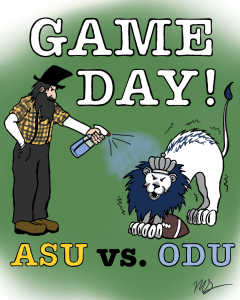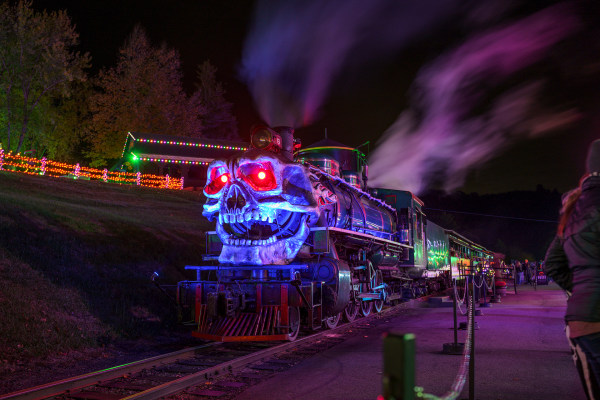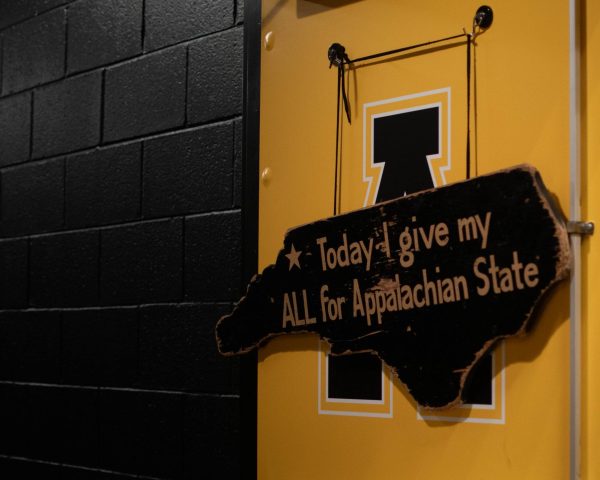Through Ella’s Eyes: In defense of country music
March 22, 2022
Country music gets a lot of hate. Songs about trucks, beer, cut-offs and dirt roads have taken over the genre. “Bro-country,” a term referring to the hyper-masculinity of country pop, dominates country radio stations. I get it. It gets old hearing lazy writing over pre-recorded trap beats sung by some guy in a cowboy hat. As annoying as overproduced country pop can be, it shouldn’t define the genre.
Country music is misunderstood. It is a uniquely American genre founded by the working class and passed down from generations on front porches across the nation. When it comes down to it, country music is about musicianship and storytelling, homegrown and real. As the saying goes, all you need in country is three chords and the truth. There’s more to country music than beer, trucks and blue jeans.
To understand the heritage of country music, we have to go back to the very beginning. Country music originated in folk songs and ballads from the British Isles brought to the U.S. by immigrants who settled in Appalachia and the South. The genre was heavily inspired by the blues, a genre developed by Black Americans living in the postwar South. Even the banjo, a very common instrument in country music, came from West Africa. Country is American folk music, and that’s something we should be proud of.
Early country music was mostly folk ballads, including the ever-infamous Appalachian murder ballads. Most Appalachian history was passed down through oral tradition in the form of songs. Country’s reputation as “musical storytelling” began in Appalachia.
Country may be known for its songs about heartbreak, but it also has an unexpected history with progressive politics and labor organizing. Beginning in the 1920s, musicians used their craft to popularize the politics of working people. Legendary folk/country songwriter Woody Guthrie wrote “This Land Is Your Land” as a protest anthem of American capitalism. The version we hear today is often heavily redacted, cutting out lyrics like “As they stood there hungry, I stood there asking Is this land made for you and me?”
Country music’s relationship with political activism reaches further than labor organizing. Johnny Cash’s famous song “Man in Black” is about poverty, greedy politicians, mass incarceration and the Vietnam War. One musician who used her music for activism is the ever-lovable Dolly Parton. Arguably, her most controversial song, “Down From Dover,” is about a pregnant teenager considering suicide after she is exiled from her community and abandoned by her lover. As dark as the song is, it is a stark reminder of the treatment and status of women in America at the time. Written in 1968, five years before Roe v. Wade, “Down From Dover” was barred from radio stations for its content.
One of the most admirable characteristics about country music is its stone cold honesty. Kentucky born singer-songwriter Tyler Childers writes very frankly about addiction, poverty and the struggle of growing up in Appalachian mining towns with songs like “Whitehouse Road” and “Nose On The Grindstone.” Country star Mickey Guyton wrote “Black Like Me,” a candid and vulnerable song about being Black in America.
Above all, country music is about telling stories. Holly Williams, the granddaughter of Hank Williams Sr. and daughter of Hank Williams Jr., is a remarkable example of raw talent, musicianship and phenomenal songwriting. Her song “Waiting on June” is without a doubt one of the best country songs ever written and the definition of bittersweet. Hailey Whitters’ recently released album “Raised,” about her life and upbringing on the plains of Iowa, is yet another example of good, relevant country music. Cole Chaney, Kacey Musgraves, Rhiannon Giddens, Ashley McBryde and Drayton Farley are all amazing examples of gifted storytellers and exceptional musicians unappreciated or unsigned by Nashville. Regardless, they are keeping genuine country music alive.
Sometimes the music we hear on the radio can put listeners off and give country music a bad rap. But that doesn’t mean top 40 country artists are all bad musicians. For example, former Mountaineer Luke Combs does country pop right and creates hit after hit with no tacky pre-recorded beats, no overproduction and completely authentic lyrics.
Even within the genre of country, there are sub-genres, so if country pop isn’t your thing try Americana, red dirt, outlaw, bluegrass or indie. Give country music a chance. You just might like it.














Mike Terrell • Mar 23, 2022 at 9:45 am
As a 63 year old music addict, taking my first guitar lesson 44 years ago at Lees-McRae before transferring to App in June 1980, I have been in the middle of the music transformation. My best friend in high school, and to this day, is a musical producer/engineer teaching such at Guilford Technical Community College. “TJ” as he is know in the musical engineering community, Tom Johnson to me, has expanded on this topic with me on several occasions.
What we have in county music today is a mixture of hip hop, rock n’ roll and pop, among other influences. Listening to the lyrics in the mainstream set list on many “county stations” makes the listener what to “turn the dial” to find their “country station”. My wife has migrated from rock to our main country station here in Columbia SC, WCOS, that plays songs from a country station that could easily be played at a hip hop or R& R concert. Without mentioning any names, or songs, my “ear” and I play by ear, trained since I was 6 years old with weekly voice lessons for 12 years, I have noticed a beat pattern that is mostly up tempo and not of any “country” 3/4 time with two-three chords. It has migrated to 4/4 time , standard in pop and R&R music.
The core country music listener is probably the gals/guys that lost rock & roll before Nirvana came along and the hair bands [died out]. So, country is probably the closest things it has today.
That being said, our “own” Luke Combs has brought back that deep vocal, beer, lost love symbolic tone of country music. Others dot the map in parody and we listen for that hook that draws us in. Many country stars don’t write their songs. There are countless composers in Nashville who dole out songs like an assembly line waiting for the “right” artist to pick up the song, give it their signature vocalization and hopefully win awards at the CMA’s. It is all about what we want and will listen to today. As mentioned, the Dolly Parton’s, Toby Keith’s and Garth Brooks’ are far and few today(Garth has announced a 2022 tour and I’m sure it will be scheduled in more than “low places”!)
Finally, when I started my singing “career” in Denton, NC one of the first songs I sang was ‘Your Cheatin’ Heart” by none other that Hank Williams. I was six and didn’t even know who Hank was. Later in my teens I ask my music teacher if I could sing a R&R song I thought she was going to pass out. The best I could wrestle out of her was, “Down On the Corner” by Creedence Clearwater Revival. Even the name speaks of country and John Fogerty had that “country” lick and lyrics with the time stamp of country/folk all over it. At the end of that school year I “retired” from those lesson and performing “her ” songs and went on my Rock and Roll way.
County is imbedded in our culture and we will never escape it, nor should we, but today’s country is not grandma and grandpa’s country by any means. I digress here, I’ll take Keith Urban and “Somebody Like You” all day and twice on Sundays. It was like when I heard China Grove from my Doobies in 1972. Shania Twain, classic hard country upbringing in reality and songs from writers who wrote to her voice and her energy. If that is country I’ll take two bartender, all day long! From station WJMT, this is Jay Michael Terrell, Mountaineer for life, signing off!
Mike Terrell Class of ’82 & ’84.